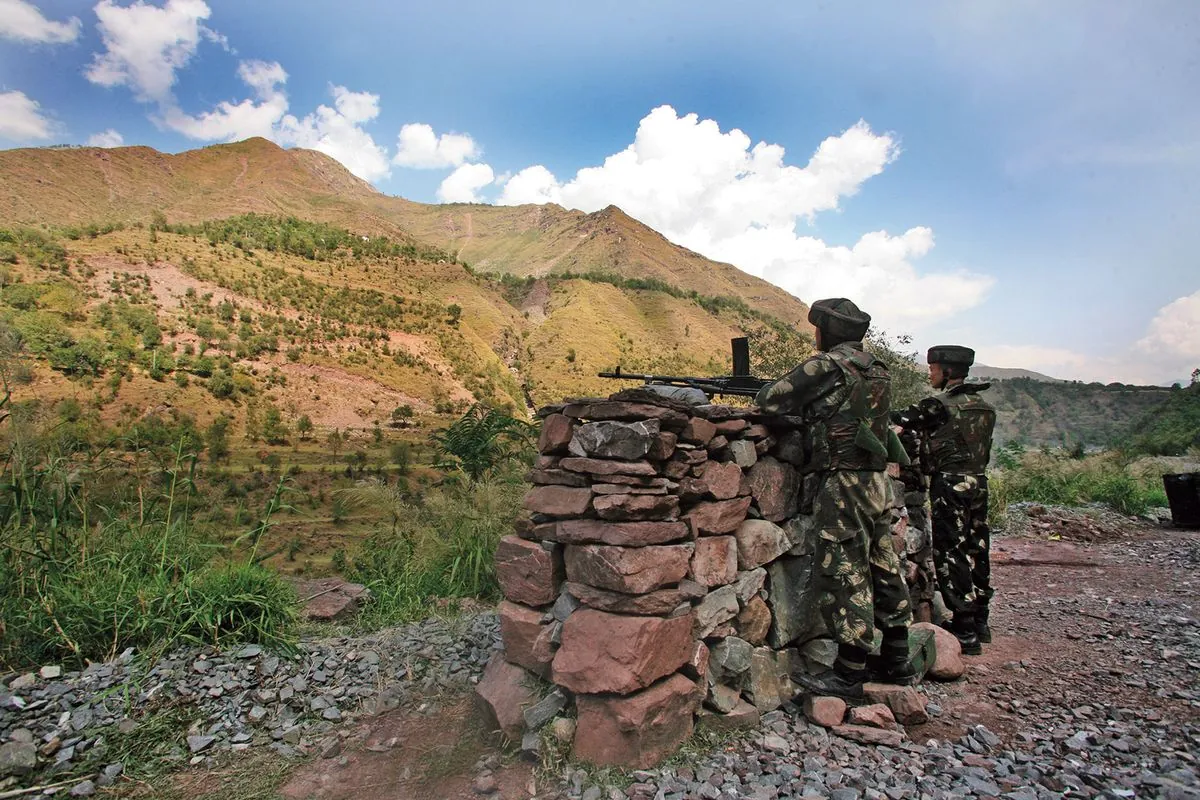Kashmir's Autonomy Loss: 5 Years of Turmoil and Geopolitical Tensions
Five years after India revoked Kashmir's special status, the region faces increased violence, legal changes, and geopolitical tensions. Despite elections, local power remains limited as security and diplomatic challenges persist.

Five years have passed since the Narendra Modi government revoked Jammu and Kashmir's special status, a decision that continues to reverberate through the region. The removal of autonomy, intended to bring stability, has instead led to increased violence and geopolitical tensions.
Since August 2019, the Kashmir Valley has experienced a surge in militancy-related incidents. Over 260 soldiers and 170 civilians have lost their lives in nearly 700 violent events. The unrest has spread to the previously peaceful Jammu province, highlighting the region's growing instability.
The legal landscape has undergone significant changes. The revocation of Article 370 eliminated the region's symbolic autonomy and led to the repeal of laws that protected local residents' rights to jobs and property. These alterations have disproportionately affected Muslim communities and small landowners, who now face the threat of land seizures for development and security purposes.

Environmental concerns have also emerged. Large-scale infrastructure projects, including road networks and hydroelectric facilities, are causing pollution and destabilizing local ecosystems. The lack of local representation has left little resistance to these development initiatives, which are primarily controlled by New Delhi.
The region's economy continues to struggle, with unemployment rates exceeding 18%, more than double the national average. This economic distress is compounded by the suppression of dissent. Over 2,700 individuals, including journalists, human rights defenders, and lawyers, have been arrested under controversial laws between 2020 and 2023.
"The systematic suppression of civil liberties and the erosion of local autonomy have created a deep trust deficit between Kashmiris and the central government."
Geopolitically, the situation has become more volatile. The redrawing of internal borders and India's assertive stance have led to deadly clashes with China in Ladakh. Meanwhile, tensions with Pakistan remain high, with increased militant activity along the border.
Security challenges have been exacerbated by tactical errors. The redeployment of troops to the Chinese border has left Jammu vulnerable to infiltration from Pakistan. The alienation of traditionally supportive communities, such as the Gujjar-Bakerwals, has resulted in the loss of valuable intelligence assets.
Recent attacks underscore the precarious security situation. In June 2024, militants targeted a bus carrying Hindu pilgrims, resulting in nine deaths and over 30 injuries. This incident highlights the ongoing threat to both civilians and security forces in the region.
While regional elections offer a semblance of democratic process, the real power remains centralized in New Delhi. The appointed governor wields significant authority, limiting the influence of local politicians and voters.
To address these challenges, experts suggest several steps:
- Restore civil liberties and consider reinstating statehood
- Focus on economic development and job creation
- Improve intelligence networks and security measures
- Engage in diplomatic negotiations with Pakistan and China
The situation in Kashmir remains complex, with far-reaching implications for regional stability and India's national security. As the region enters its sixth year under the new administrative structure, the need for a balanced approach that addresses security concerns while respecting local aspirations has never been more critical.


































